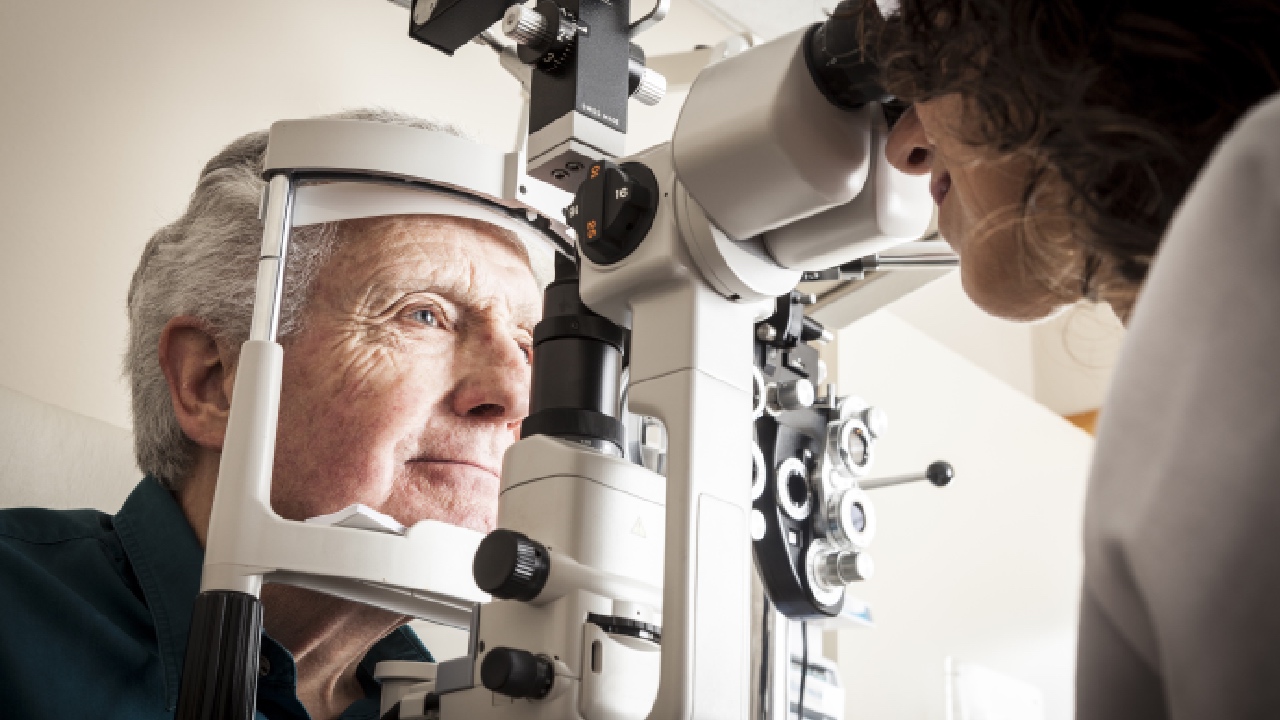What your family history says about your eyesight

Eye disorders can be caused by many things such as infection and injury but did you know it can also be genetic? We know looking up our family history is important for our health but it’s also vitally important to do so for our eyes. Genetics do play a role in determining your family’s susceptibility to certain eye diseases so it’s a good idea to check your family history as well as record any eye issues you have for future generations.
Here are some of the most common hereditary eye conditions.
Glaucoma
Not all glaucoma is inherited but the most common type, primary open-angle glaucoma, is hereditary. According to the Glaucoma Research Foundation, a family history of glaucoma increases your risk around four to nine times.
Coupled with the fact glaucoma is much more common as you age, it’s a good idea to get your eyes checked regularly. Glaucoma can lead to the reduction in peripheral vision and even blindness. Signs include bulging eyes, excessive tearing and abnormal sensitivity to light.
Age-related macular degeneration
Scientist have found that genetics may contribute to the risk of having macular degeneration but it’s not always the case. Some people never develop it even though both parents may have it while others get it even though there is no family history. The current research shows that genetics contribute to macular degeneration anywhere from 40 to 70 percent.
However, whether you have a family history or not it’s important to get your eyes checked as age-related macular degeneration is the leading cause of vision loss in people aged 50 and over.
Colour blindness
A misnomer as people are not ‘blind’ but colour vision deficient. People who are colour blind usually cannot distinguish between certain colours such as red and green. Inherited colour blindness is common in men with women rarely affected. There is no treatment and most people adjust to the condition.
Retinitis pigmentosa
A mutated gene causes the retina to degenerate which can lead to night blindness and vision loss. Most cases are inherited and it usually appears in childhood but vision loss doesn’t occur until later in life. There is unfortunately no cure and no treatments but researchers are making significant progress in identifying the genes that cause retinitis pigmentosa.
Achromatopsia
An inherited condition (only if both parents have the recessive gene) that affects 1 in 33,000 people. The condition is associated with decreased vision, sensitivity to light and colour blindness.
Optic atrophy
Optic atrophy may be inherited or caused by brain trauma, inflammation, degenerative disorders, haemorrhage or tumour. The breakdown of the optic nerve causes vision loss.
Image credits: Getty Images
